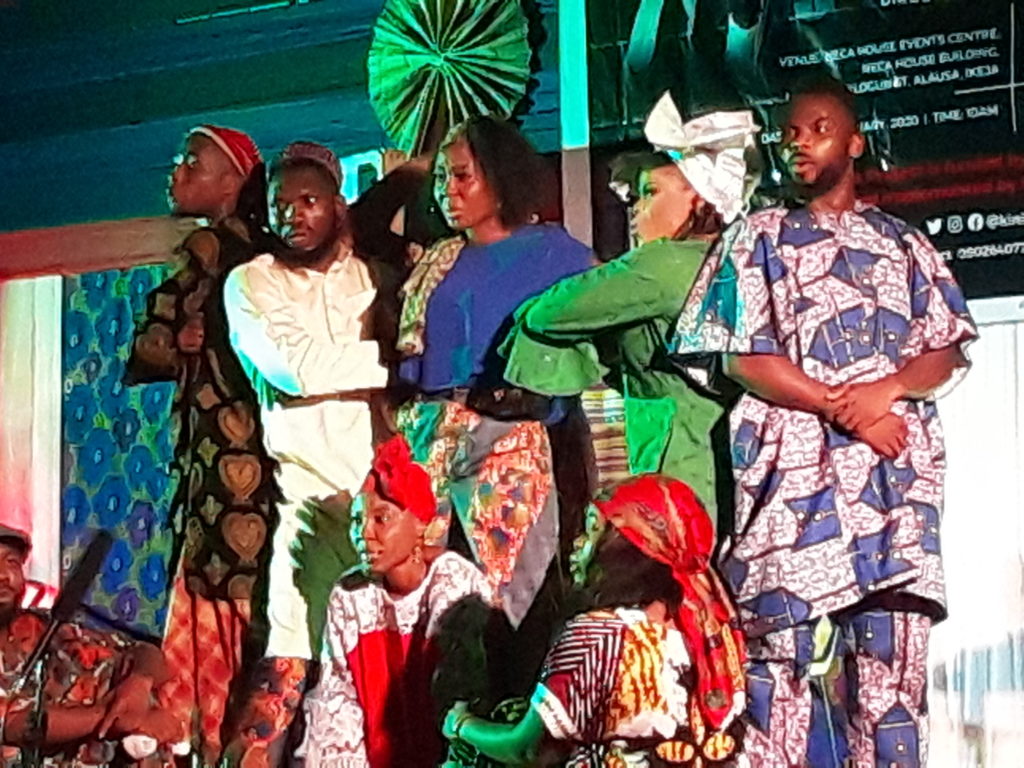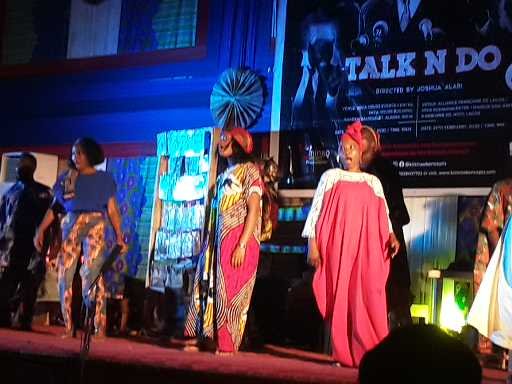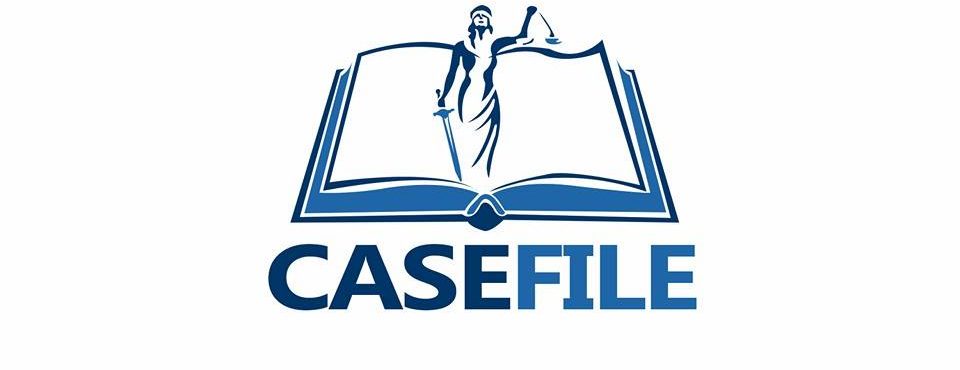Funke Busari
A popular local music satirizing the many social ills plaguing Nigeria blares through the sound speakers as cast of Talk and Do, a playlet conceived by Kininso Concept staged a drama highlighting issues of unprecedented misdemeanours plaguing the country, but targeted to serve as catalyst for behavioural change among Nigerians.

Far beyond sheer entertainment and escape from the frustration of the snarling traffic on the roads of Lagos on Friday, February 28, the playlet in reality threw up issues begging for attention from the political class, the people, civil society organisations and the media.
In particular, State Coordinator of the European Union-funded Rule of Law and Anti-corruption Programme (RoLAC), Ajibola Ijimakinwa did not fail to underscore how the messages in the playlet are critical to reforms in the criminal justice and anti-corruption sectors in Nigeria.
Stakeholders agreed that there is urgent need for collaborative actions aimed at enhancing and strengthening civic and public engagement of citizens in criminal justice sectors.

The recommendations from the conversations that ensued at a follow up stakeholders’ dialogue meeting on the drama specifically emphasized the imperative of a systematic education of the public around relevant issues relating to the promotion of rule of law and anti-corruption in Nigeria.
More so that an informed society is able to hold governments at all levels accountable, while also getting actively involved in the fight against subtle and direct criminal practices.
The knowledgeable more informed the people are about options of interventions available to them, the active they become in insisting on inclusion, human rights and transparency in the conduct of government businesses.
Collaborative intervention from all sectors is crucial in this drive, stakeholders agreed, and both the media and Civil Society Organizations (CSOs) have a responsibility in the effort to galvanize people in local communities to constantly engage their local representatives about the way they are being governed.
Stimulating conversations in local languages commonly spoken and understood by people at the grassroots is also recommended as a way of eliminating the barriers that have all along made justice elusive for the vast bulk of ordinary Nigerians.
In particular, making the laws available to people in rural communities in the language they can read and understand will help the public to insist on respect for their rights as enshrined in the laws, and this in turn will make correctional centres, police and judiciary discharge their responsibilities in a more civil and transparent manner than ever.
The need to also annex community resources to respond to issues by CSO’s and governmental agencies will equally provide some form of protection to the people, the stakeholders agreed.


